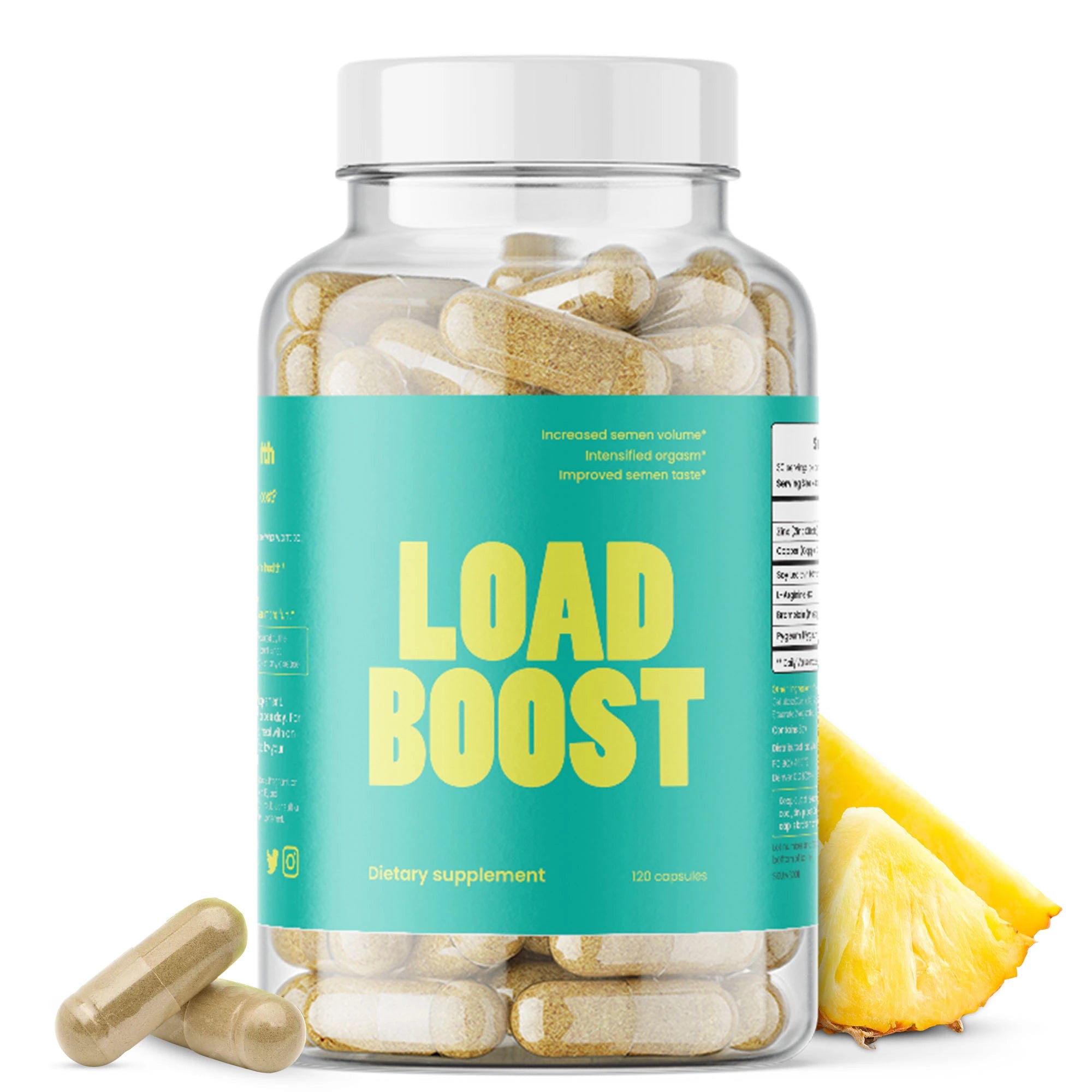Staying hydrated is extremely important for both amateurs and professionals engaging in regular exercise and athletic training. While water is the foundation of hydration, the role of electrolytes, particularly salt, in maintaining fluid balance and enhancing hydration is often overlooked. But not all salts are created equal when it comes to their effectiveness in promoting hydration. We look into the science behind different types of salt and their impacts on hydration, ultimately answering the question: What is the best salt for hydration?
The Short Answer
The best salts for hydration are those that contain a mix of electrolytes, including sodium, potassium, magnesium, and calcium. These elements work together to maintain fluid balance, support nerve function, and help muscle contraction. Pink Himalayan salt and sea salt are often recommended due to their mineral content, which can offer a broader spectrum of electrolytes compared to table salt.
Electrolytes for Hydration
Sodium, potassium, magnesium, and calcium are all considered electrolytes. Electrolytes are minerals that carry an electric charge when dissolved in body fluids such as blood. They play critical roles in numerous bodily functions, including:
- Maintaining fluid balance across the body's cells and tissues.
- Supporting nerve function by enabling the transmission of nerve signals between cells.
- Aiding in muscle contraction and relaxation, which is essential for all types of movement, including heartbeats.
- Regulating blood pressure and helping to transport nutrients into cells and waste products out of them.
Because of these functions, maintaining a proper balance of electrolytes is crucial for hydration, as well as overall health and performance.
-
Sodium:
- Regulates fluid balance by retaining water in the body.
- Essential for nerve signal transmission and muscle contraction.
- Helps to prevent hyponatremia (low sodium levels), which can result from excessive water intake without adequate sodium replenishment.
-
Potassium:
- Works closely with sodium to maintain proper fluid balance within cells and throughout the body.
- Important for nerve function and the transmission of electrical signals in the body.
- Supports heart function and muscle contractions.
-
Magnesium:
- Plays a crucial role in over 300 enzymatic reactions, including those that regulate muscle and nerve function.
- Helps with the movement of other electrolytes into and out of cells, affecting fluid balance and hydration. This is why many people use magnesium as a hangover cure.
- Involved in energy production, which can influence hydration status and electrolyte balance.
-
Calcium:
- Essential for muscle contractions and the functioning of the nervous system.
- Plays a role in releasing neurotransmitters and activating muscle cells, which can affect hydration status indirectly through sweat loss during exercise.
- Helps maintain strong bones and teeth, which is important for overall health and physical activity that may impact hydration needs.
Understanding Salt and Hydration
Salt plays a critical role in hydration by helping to retain water in the body and facilitating the balance of fluids inside and outside of cells. This balance is crucial for various bodily functions, including:
- Fluid Balance: Electrolytes like sodium and potassium help regulate the body’s fluid balance, which is essential for maintaining blood pressure and overall bodily function.
- Nerve Function: Electrolytes are necessary for nerve signal transmission. Proper hydration ensures that nerve cells can communicate effectively.
- Muscle Function: Salt aids in muscle contraction and relaxation. An imbalance in electrolytes can lead to cramps or muscle fatigue.
Types of Salt
- Table Salt: Highly refined and often contains iodine and anti-caking agents. While effective for sodium replenishment, and tasty, it lacks other minerals.
- Sea Salt: Derived from evaporated seawater and contains trace amounts of minerals like potassium, magnesium, and calcium, making it a better option for hydration.
- Pink Himalayan Salt: Mined from ancient sea beds, this salt is rich in minerals, containing over 80 different trace minerals, including significant amounts of potassium and magnesium, which are beneficial for hydration.
- Epsom Salt: While not a salt to be ingested, it’s mentioned for its high magnesium content, useful in baths to help with muscle relaxation and recovery.
Choosing the Best Salt for Hydration
Choosing the best electrolytes for what you need:
- Mineral Content: Look for salts with a high mineral content, such as pink Himalayan salt or unrefined sea salt, to benefit from a range of electrolytes.
- Dietary Balance: Ensure that your choice complements your overall diet, especially if you have specific health conditions that require monitoring sodium or potassium levels.
- Hydration Strategy: Incorporate a balanced mix of electrolytes through diet and supplements, especially if you engage in prolonged or intense physical activity.
Sources:




